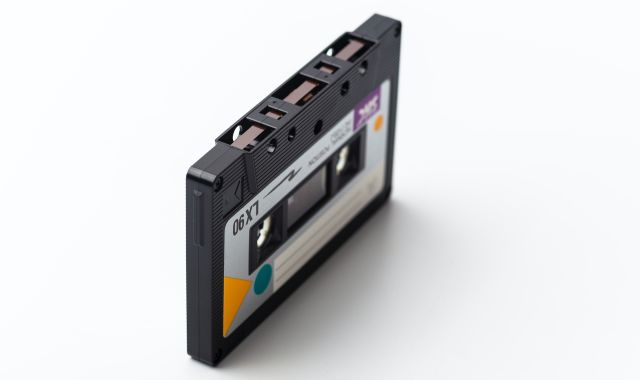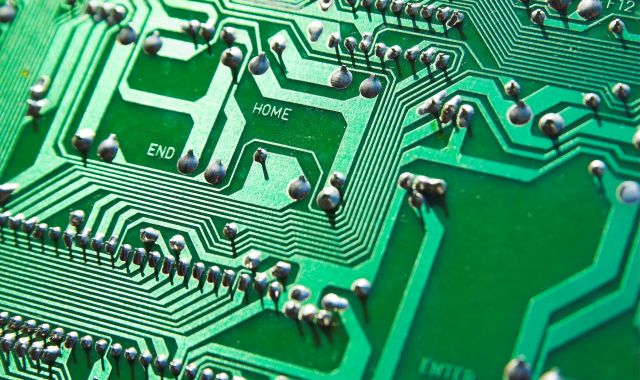
The panorama spread before humanity’s ever-advancing technological world gives an exhilarating glimpse into the future picked straight from a sci-fi novel – a future that is closer than we think, with smart homes at the helm of this transformation. Among all the future projections, the concept of energy-efficiency has fascinated the tech gurus most.
Imagine waking up to the sound of your preferred music as your smart speaker gently increases the volume, your smart blinds autonomously adjusting to let in the first stroke of dawn, your coffee brewing perfectly, timed at the end of your alarm, and your smart thermostat setting up the temperature for your morning routine. This is not a hypothetical situation anymore but a present reality. We are rapidly moving towards a life where interconnected devices over Internet of Things (IoT) network enhance your comfort and convenience. But this is only the beginning.
In the future home scenario for the environmentally conscious, the real game changer will be the integration of smart homes with renewable energy sources. Visualize your smart home communicating with solar panels on the rooftop to ensure maximum harnessing during the day, storing in home batteries, and then distributing across the appliances as needed. Your smart irrigation system would predict weather, seasonal changes, and optimize water and energy use accordingly, reducing waste. Your smart windows will adjust transmittance of light, reducing heating or cooling needs based on the exterior temperature, thus saving electricity.
There would be a surge in the implementation of devices and systems that not only monitor consumption but ideally drive down energy usage. The trusty appliance of the house, the refrigerator, will not only repair itself but understand your usage trend and optimize energy consumption. Check out the groceries in your fridge remotely with interior cameras, avoiding an unnecessary trip to the supermarket, and enhancing carbon footprint management indirectly.
Artificial Intelligence and machine learning will play a pivotal role in understanding your lifestyle choices and predicting your needs, further improving energy efficiency. It will analyze patterns and optimize schedules accordingly. For instance, it will know when you’ll arrive home ensuring the lights and air conditioning are at optimal levels only when needed, reducing energy waste.
Now imagine a meter that allows you to monitor all these energy consumptions and savings on a real-time basis, providing a tangible measurement for your green efforts. The integration of such smart homes with the electricity grid on a broader scale, called the smart grid, will enable excess energy from homes to be transferred back to the grid, fostering a decentralized and cleaner method for power generation.
Future smart homes will be eco-hubs, minimizing our carbon footprint by harnessing and efficiently managing energy. As we march towards an era where sustainability gains prime importance, smart homes will inevitably play a role in how we manage our resources, time, and contribute to a healthier planet while enjoying unmatchable convenience. These eco-hubs will create classic examples of harmonious synergy between convenience, comfort, and commitment to saving our planet.
Indeed, the transition to energy-efficient smart homes is fascinating, carving a whole new epoch in the canopy of technological evolution. The charm of these developments is in the amalgamation of human lifestyle with technology, nurturing a relationship where our homes know enough about us to ensure life gets a little bit easier each day – and significantly greener.









